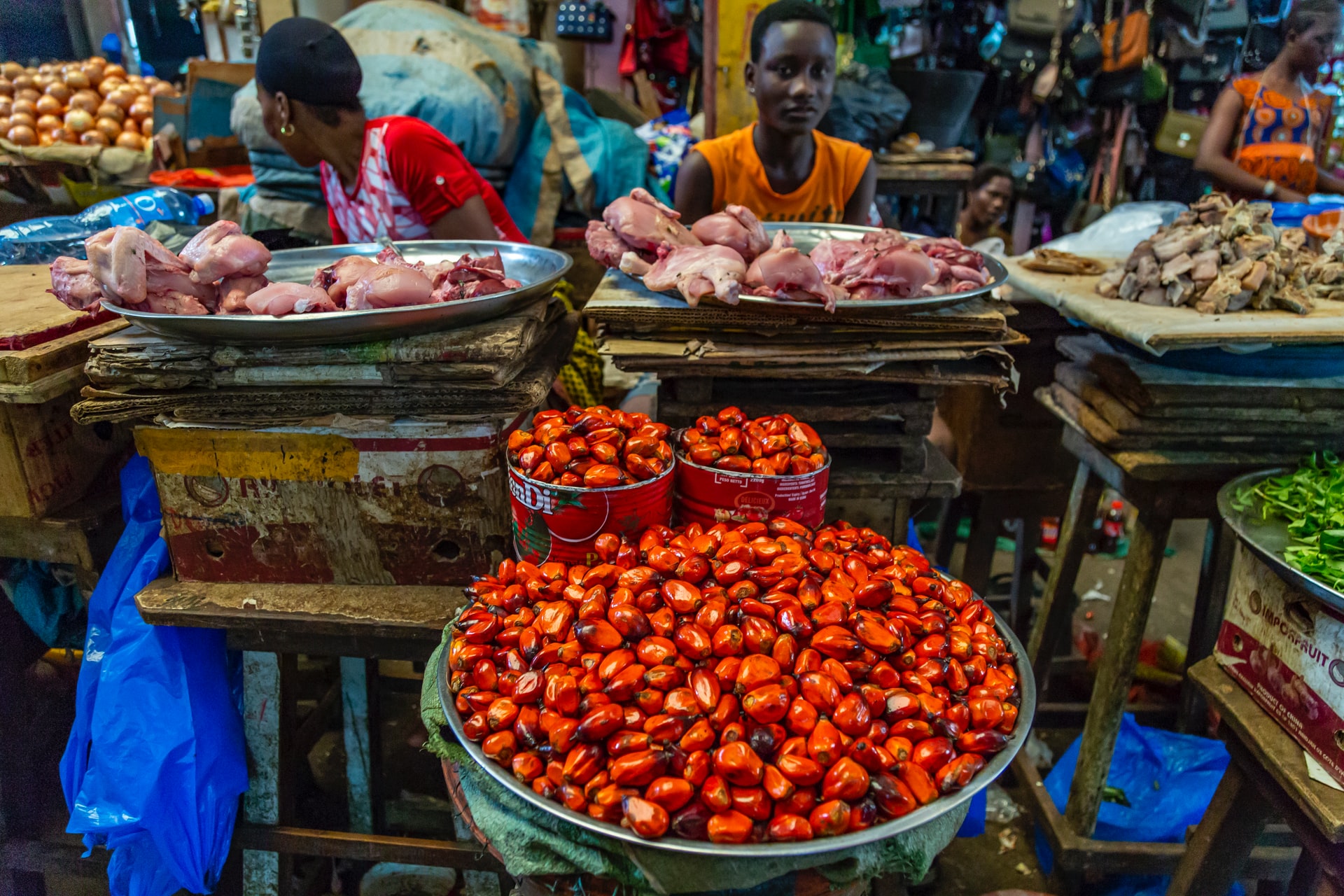Brand News
Why Annual Inflation Rate Rose Further To 12.26% In March On Imported Food

As the coronavirus lockdown extended, the annual Inflation rate has risen further to 12.26% in March on imported food inflation in Nigeria.
According to the National Bureau of Statistics, a 12.26% rise in annual inflation rate for the month of March; higher than 12.20% recorded in February. The increase in inflation rate was due to the depreciation of the Naira against the USD.
Brandnewsday gathered that NBS disclosed that the Bureau de Change and the parallel markets, two months moving average foreign exchange rate rose (Naira depreciated) y-o-y by 2.31% and 2.54% to N365.57/USD and N369.39/USD respectively in March 2020.
Consequently, the imported food index rose by 16.20% (higher than 16.14% in February). Similarly, the food annual inflation rate rose to 14.98% (higher than 14.90% in February); while the core inflation rate also increased to 9.73% (from 9.43% in February).
Read: How Shopper Habits Will Changed Post Coronavirus- Today’s Realities
CowryResearch revealed that the rise in food inflation was caused by increases in prices of meat, fish and vegetables among other things. On the other hand, core inflation was driven by a rise in prices of pharmaceutical products, hospital services, clothing and footwear as well as transportation.
On a monthly basis, the annual inflation rate climbed to 0.84% in March (from 0.79% in February), as imported food inflation index rose by 1.27%. Also, food and core inflation rose to 0.94% and 0.80% (from 0.87% and 0.73% in February) respectively.
Meanwhile, rural and urban inflation rates rose by 11.64% and 12.93% (higher than 11.61% and 12.85%) respectively.
Outlook: “We opine that the dwindling external reserves amid low crude oil price, despite the resolution of the OPEC+ to cut crude production by 9.7 mbpd, will continue to exert pressure on the exchange rate.
This, in addition to rising demand for pharmaceutical products and onset of the planting season, could increase inflation rate in April.
Read: SBM Jollof Index reveals how COVID-19 has forced Foodstuff prices to almost double in Q1 2020

















